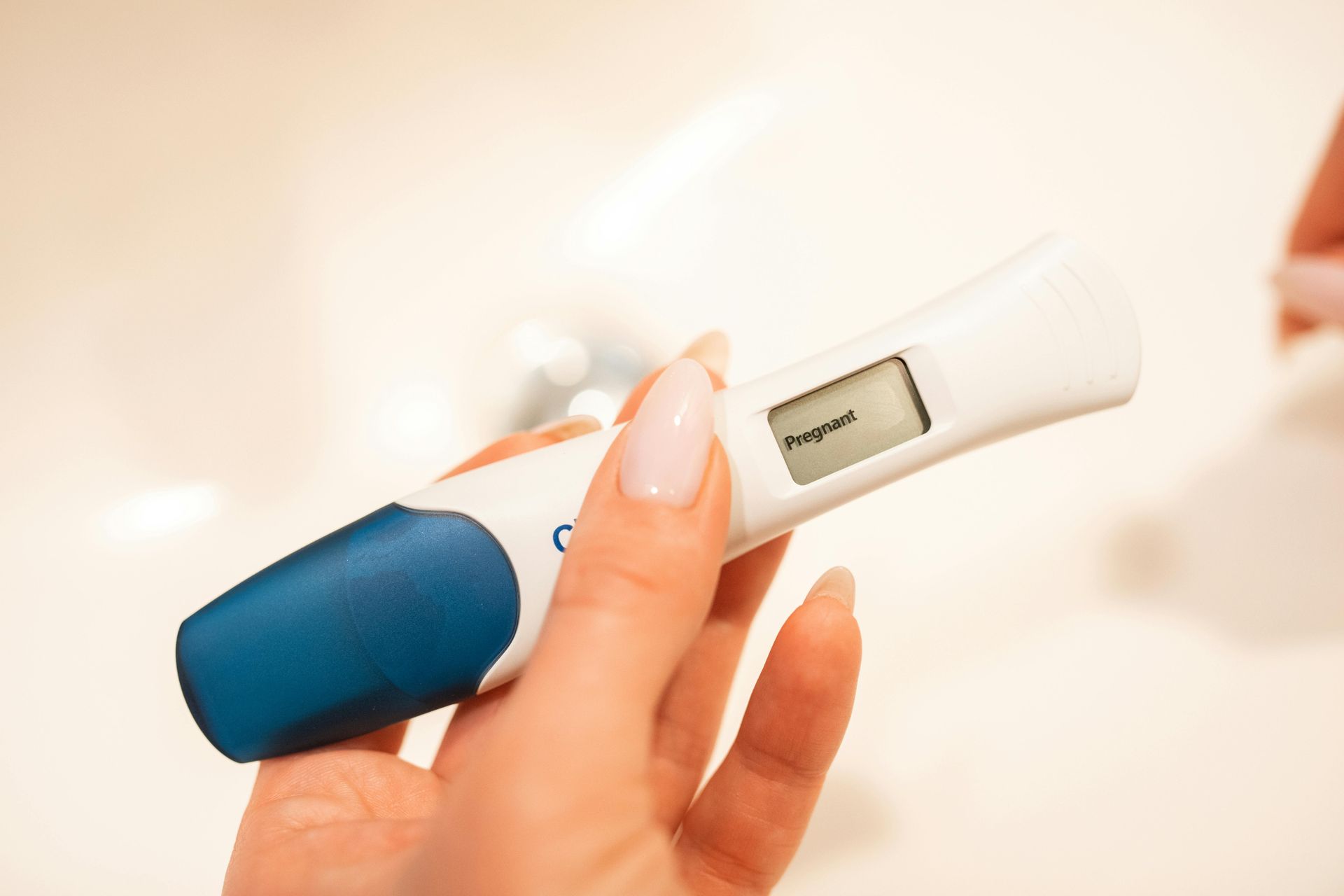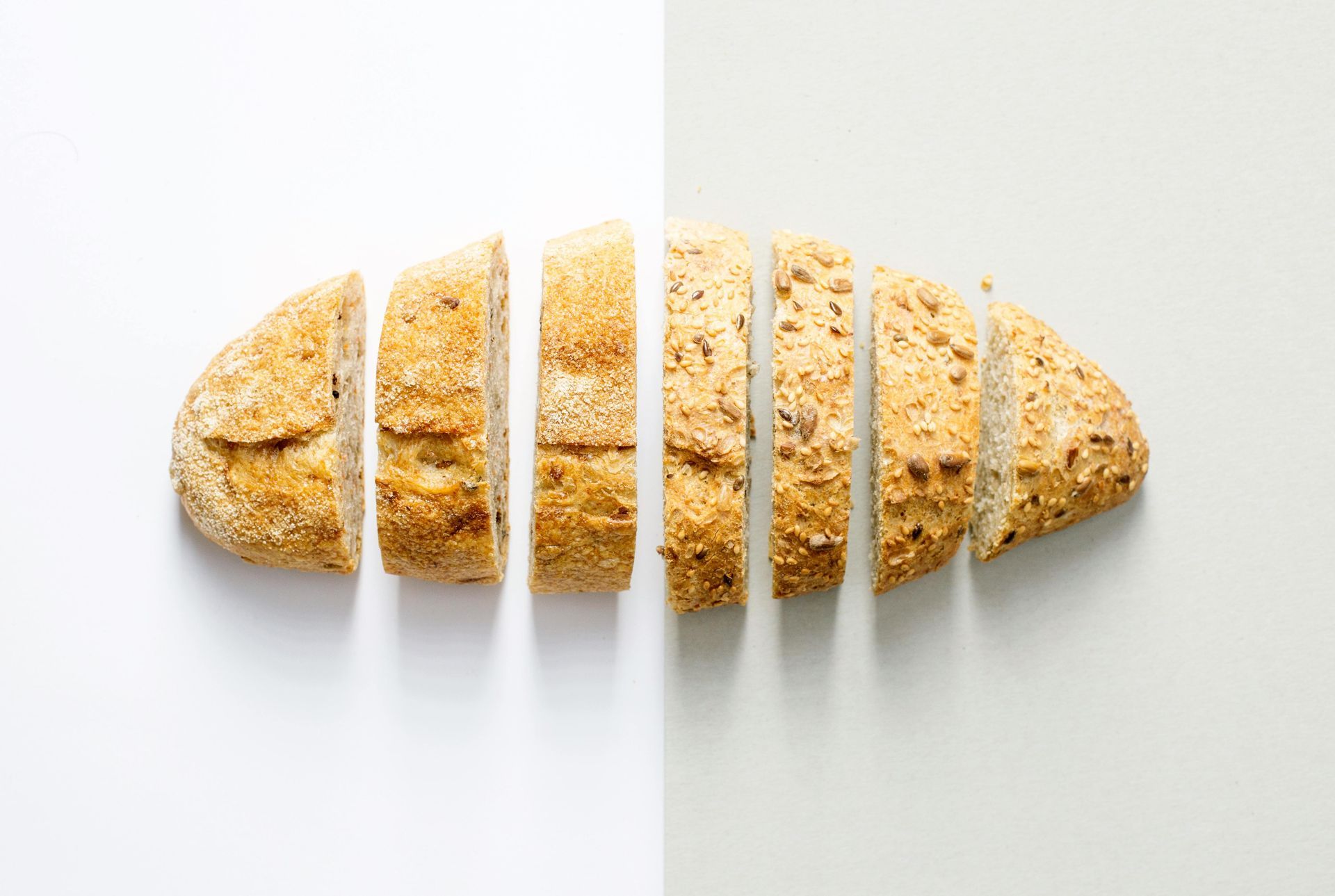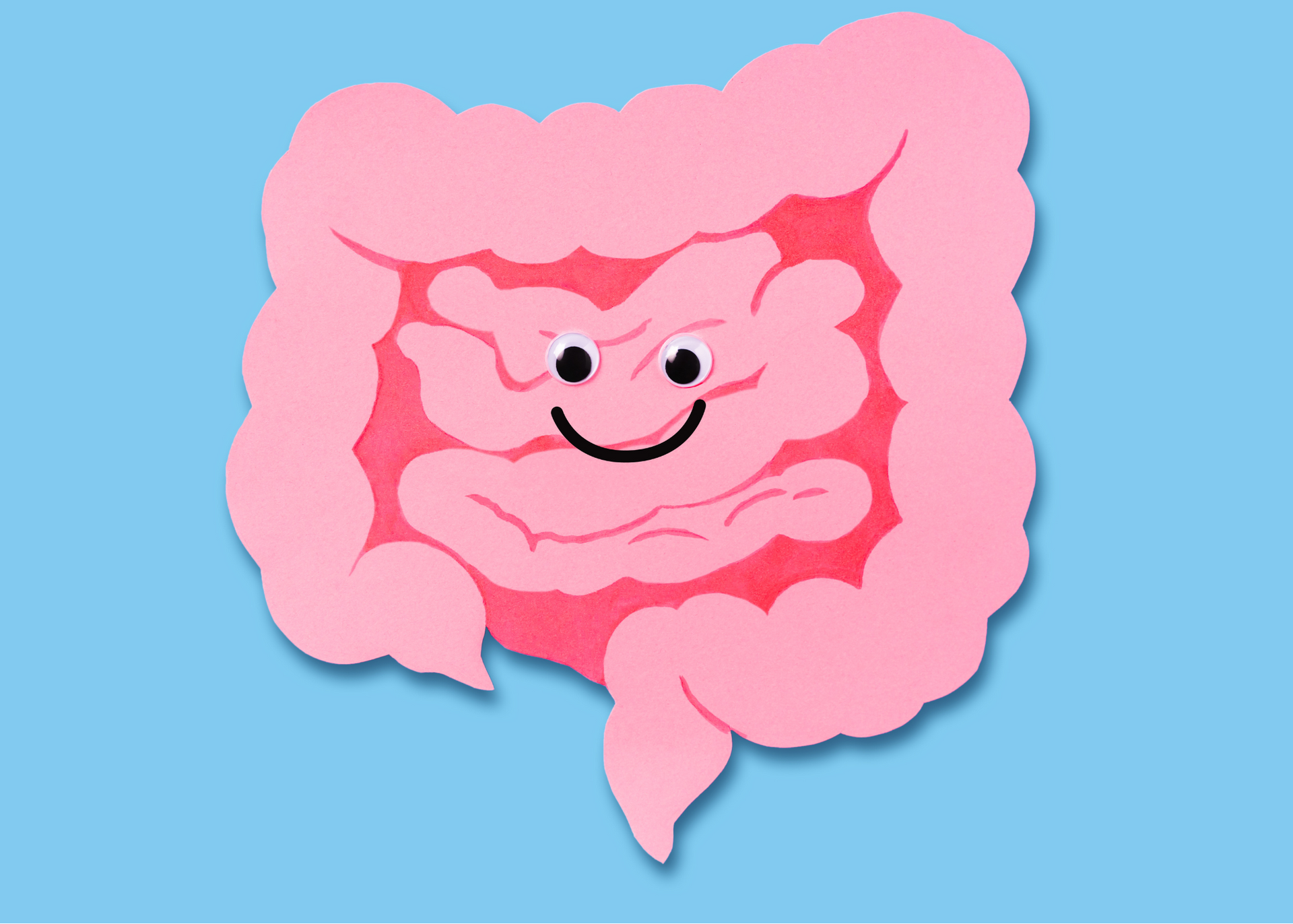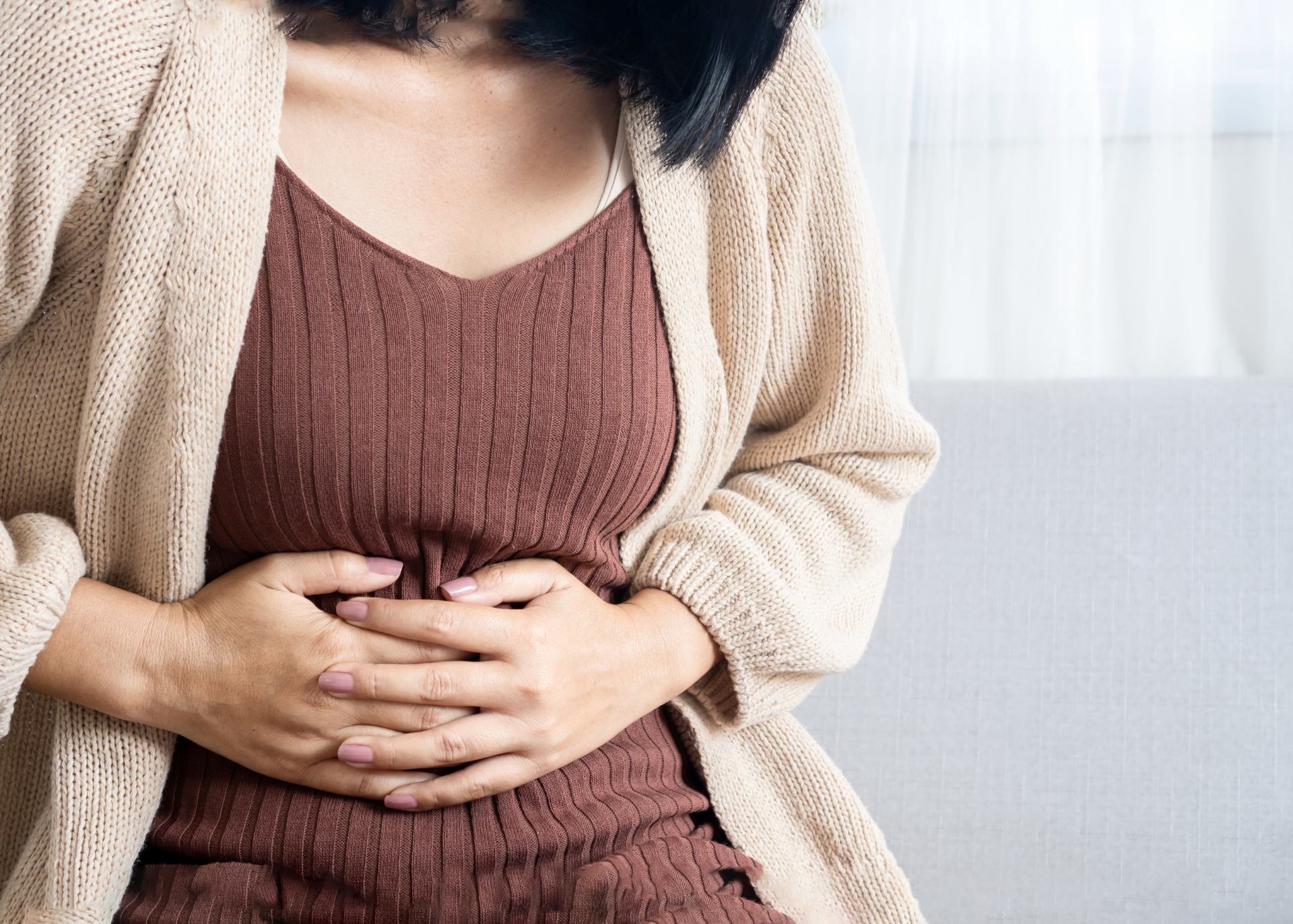Top 7 Signs of Pelvic Floor Dysfunction
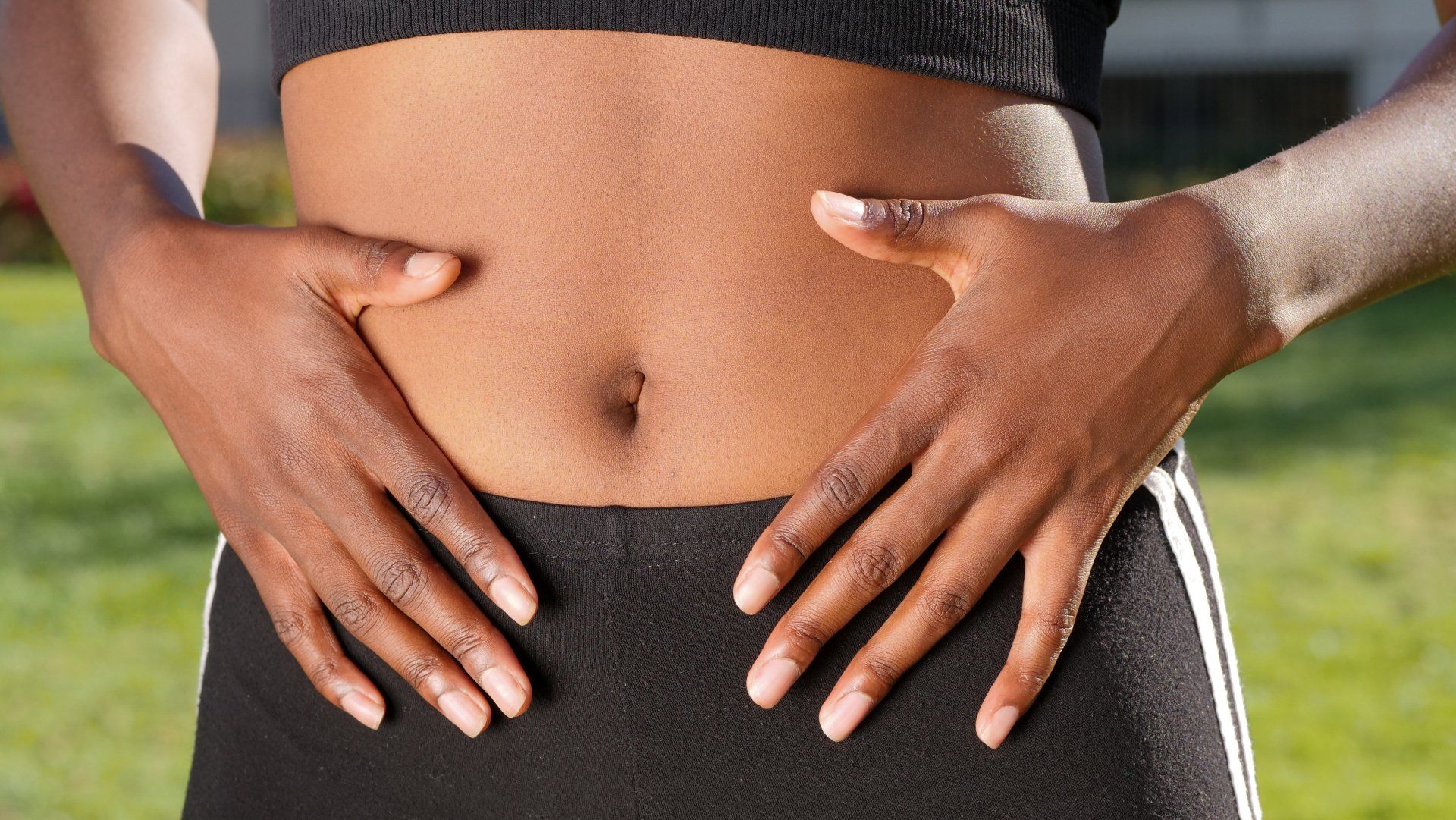
A healthy pelvic floor is a vital yet often overlooked aspect of overall well-being, especially in the life of a woman.
Your pelvic floor is a group of muscles at the base of your pelvis that support important everyday functions including bowel and bladder health, sexual health, posture, blood flow, and pelvic stability.
Sometimes those muscles are dysfunctional and need physical therapy, but the signs can be so “common” that women often mistake them for being “normal”.
In this article pelvic floor specialist
Claire Lusignan shares the top seven symptoms of pelvic floor dysfunction and how to know if you need to seek support from a professional.
Top 7 Warning Signs of Pelvic Floor Dysfunction
Urinary incontinence refers to an involuntary loss of urine, aka peeing your pants.
Most people associate this with pregnancy and after having a baby, but it can occur at any time. You may notice a few drops when you cough, sneeze, laugh, or jump, or you might struggle to make it to the bathroom in time when you feel the urge to go.
By working on your pelvic floor through physical therapy, you can feel secure in your daily activities so you don’t have to worry about wearing a panty liner or bringing an extra pair of undies with you!
Dyspareunia, or pain during sex, is diagnosed when someone feels pain during penetrative sex, oral sex, or even when touched externally on their vulva or penile tissues.
It can occur due to various reasons like inflammatory conditions of the pelvic floor such as endometriosis, vaginismus, pelvic trauma, pelvic floor muscle tension, or hormonal shifts like those in menopause or after childbirth.
The pain from dyspareunia can range from sharp, burning sensations to dull, achy feelings or deep pressure.

3. Constipation
If you’re not pooping regularly, you’re constipated. But constipation doesn’t just mean you’re “not pooping”.
Constipation includes other signs like straining to poop, hard stools, feeling like there's a blockage in your rectum, not fully emptying your bowels, or experiencing constant bloating.
Constipation can also lead to issues like hemorrhoids, anal fissures, rectal pain, or urinary urgency.
Urinary urgency is the feeling of needing to immediately empty your bladder as soon as you get the urge to go. If you are unable to make it to the toilet in time, you may experience urine leaking.
Urinary frequency, on the other hand, refers to the need to empty your bladder more than 8 times during the day or more than 2 times at night.
These two issues typically go hand in hand because urinary urgency can lead to more frequent trips to the bathroom, creating an unhealthy cycle.
5. Pelvic Pain
Tailbone pain
The tailbone is the bony structure at the bottom of your sacrum. The pelvic floor muscles flex the tailbone forward towards the pubic bone when we do a kegel and the glute muscles support and tense the tailbone as well. Tailbone pain typically starts from trauma to the area such as a fall or vaginal childbirth, but it can also arise from prolonged sitting or degenerative joint changes.
Abdominal pain
Abdominal pain can be triggered by various factors including endometriosis, postpartum recovery, post-gynecological surgery, abdominal tension, bloating, constipation, and dysmenorrhea (painful menstruation).
Groin pain/low back pain
The low back, hip, and groin muscles attach to the pelvic structure and play a crucial role in pelvic stability and core functioning. They help with functional movements like walking, lifting, carrying, and rolling. When one of these muscle groups, including the pelvic floor muscles, isn't functioning properly, the others compensate to “pick up the slack”. Over time, this compensation can create imbalances and lead to additional problems.
Sciatica
Sciatica describes pain that begins in the lower back and radiates down the buttocks and back of the thigh into the lower leg. Symptoms of sciatica include sensations like burning, shooting, stabbing, numbness, and weakness in any or all of these areas. This pain may be constant or may come and go, and it typically worsens during prolonged periods of standing or sitting, or sudden movements.

DRA refers to the abdominal connective tissue (the linea alba) widening, creating space between the left and right abdominal muscles.
DRA is more common in pregnant and postpartum women because hormone fluctuations make the connective tissue softer and stretchier. The muscles also stretch from increased pressure on the abdominal wall to make room for the growing baby.
DRA can get worse if you don’t move your body properly, have weak core muscles, strain when you poop, or hold your breath when you lift or carry something.
Pressure/heaviness at these openings can be caused by a pelvic organ prolapse. This occurs when one or more of the organs begins to drop into different parts of the vagina or rectum.
Prolapse usually develops slowly over time from chronic poor pressure management, weak pelvic floor muscles, or tightness or both, or hormonal changes, like less estrogen during menopause.

When to Seek a Professional
The seven symptoms above can be caused by an overactive (too tight) pelvic floor, over-lengthened (too weak) pelvic floor, or problems with pelvic floor coordination.
If you are experiencing any of these symptoms, experts recommend seeking help from a pelvic floor physical therapist. If you are curious about what happens during an initial session with a pelvic floor PT, check out this
blog post.
If you are pregnant, postpartum, or peri/post menopausal (even if you don’t have any of the symptoms above), seeing a pelvic health physical therapist is recommended.
These stages in a woman’s life create a lot of changes throughout her body, but especially her pelvic floor. Pelvic floor therapy is beneficial both as a proactive way to prevent issues and as a way to address and recover from any existing problems.
About the Guest Author

Claire Lusignan is a doctor of physical therapy and a pelvic floor specialist. She practices at NOLA Pelvic Health where the therapists specialize in treating bladder, bowel, sexual health, pregnancy, and postpartum conditions. She takes a special interest in pregnant and postpartum moms since she is one herself and wants to encourage these women to return to their prior level of activity with confidence in themselves and their pelvic floors! At NOLA Pelvic health, the therapists are passionate about normalizing the conversation around pelvic health and educating the community in an effort to prevent and overcome pelvic floor issues.
Continue Reading
